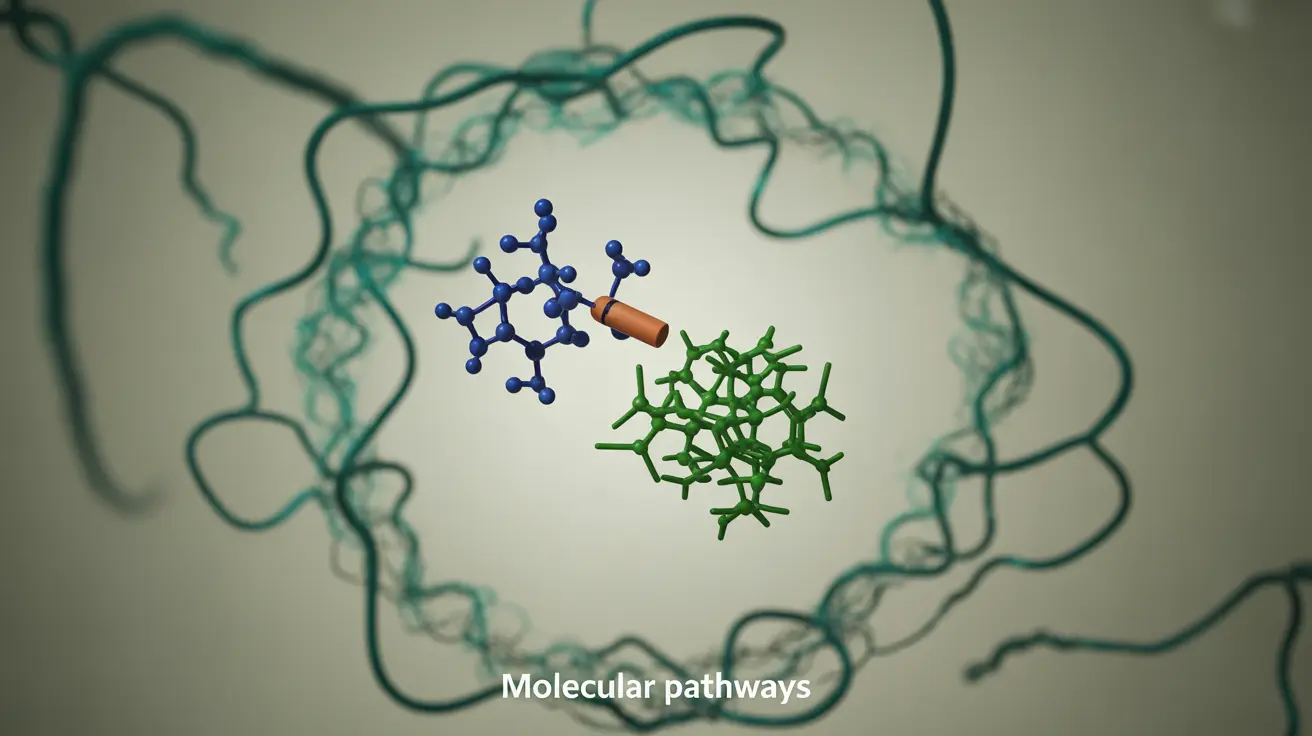The relationship between nicotine and testosterone has been a subject of significant interest, particularly among men concerned about their hormonal health. Whether through smoking, vaping, or other forms of nicotine consumption, understanding how this substance affects testosterone production and overall male health is crucial for making informed decisions about nicotine use.
This comprehensive guide explores the complex interactions between nicotine and testosterone, examining both immediate and long-term effects on male hormonal health, fertility, and overall well-being.
Short-Term Effects of Nicotine on Testosterone
Nicotine's immediate impact on testosterone levels can be misleading. While some studies suggest a temporary spike in testosterone levels shortly after nicotine consumption, this effect is typically short-lived and may mask more concerning long-term consequences.
The initial hormone fluctuations caused by nicotine exposure often involve:
- Temporary increase in stress hormones
- Brief elevation in testosterone levels
- Altered hormone binding capabilities
- Changes in metabolic processes
Long-Term Impact on Male Hormones
Regular nicotine use can significantly affect male hormonal health over time. The sustained exposure to nicotine and other harmful chemicals associated with smoking or vaping can lead to:
- Decreased testosterone production
- Reduced testicular function
- Hormonal imbalances
- Compromised endocrine system function
Effects on Reproductive Health
Nicotine's impact extends beyond testosterone levels, affecting overall reproductive health in several ways:
The substance can damage sperm quality and quantity, reduce fertility potential, and affect sexual function. These effects are particularly concerning for men planning to start families or dealing with fertility issues.
Benefits of Quitting Nicotine
Cessation of nicotine use can lead to significant improvements in hormonal health and overall well-being:
- Gradual restoration of natural hormone balance
- Improved testosterone production
- Enhanced fertility potential
- Better sexual function
- Improved overall health outcomes
Timeline for Recovery
The body's recovery from nicotine's effects on testosterone levels follows a general pattern:
- Within 24-48 hours: Initial hormone stabilization begins
- 1-3 months: Hormone production starts normalizing
- 6-12 months: Significant improvement in testosterone levels
- Beyond 1 year: Continued health improvements
Frequently Asked Questions
- Does smoking or using nicotine increase testosterone levels in men?
While nicotine might cause a brief spike in testosterone levels, this effect is temporary. Long-term nicotine use typically leads to decreased testosterone production and overall hormonal imbalances.
- How does vaping or nicotine use affect reproductive health and fertility?
Nicotine use can significantly impact reproductive health by reducing sperm quality and quantity, decreasing fertility potential, and affecting sexual function. These effects can occur regardless of the method of nicotine consumption.
- Are there any long-term effects of nicotine on male hormone levels?
Yes, long-term nicotine use can lead to sustained decreased testosterone production, compromised testicular function, and various hormonal imbalances that affect overall male health.
- Can quitting smoking or nicotine improve testosterone and overall health?
Yes, quitting nicotine use can lead to gradual improvement in testosterone levels and overall hormonal health. The body begins recovering within days of cessation, with significant improvements typically seen within 6-12 months.
- What is the difference between the short-term and long-term effects of nicotine on testosterone?
Short-term effects might include temporary spikes in testosterone levels, while long-term effects typically result in decreased testosterone production and various hormonal imbalances. The long-term negative impacts far outweigh any short-term hormonal increases.
Understanding the relationship between nicotine and testosterone is crucial for making informed decisions about health. While the immediate effects might seem minimal, the long-term consequences of nicotine use on hormonal health can be significant and far-reaching.




